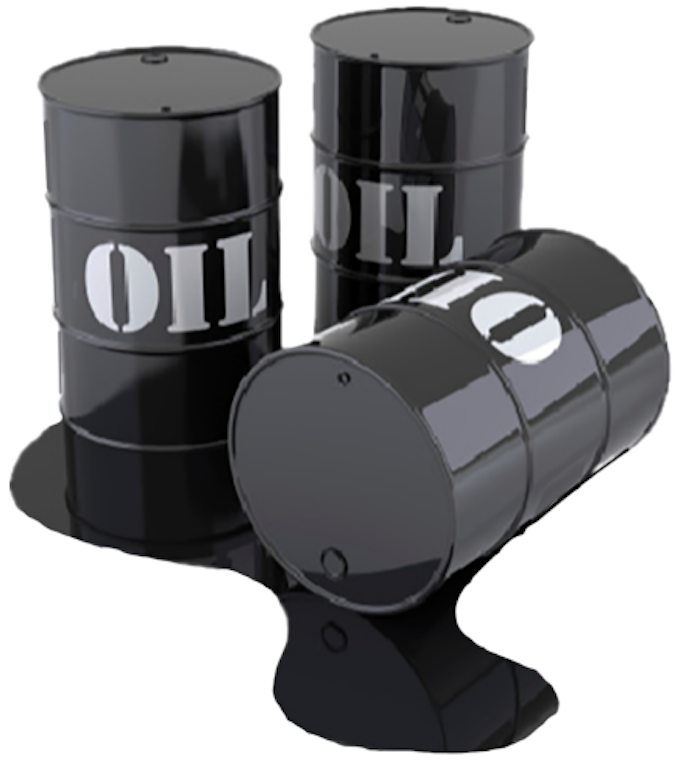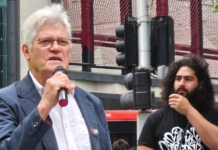
By Melisha Yafoi in Port Moresby
The Papua New Guinean government can expect to be fined a hefty US$5 million (K17.6 million) each for six illegal shipments (K105 million total) of waste oil being transported to Singapore through Indonesian waters.
A formal notice was issued by Indonesia’s Ministry of Environment and Forestry last Friday to PNG’s Conservation and Environment Protection Authority.
This is after six shipments of waste oil from two large gold mines and a state utility company in PNG were seized in Singapore and Indonesia.
These shipments were fuel oil delivered as vessel slops, refined oil and fuel oil claimed to be illegally shipped and labelled as fuel oil or refined oil to avoid the costly permit process.
The issue is that these materials require different clean-ups in the event of a spill and could potentially cause significant delays in cleaning up.
A letter from Indonesia’s chief compliance officer Basel Protocol Department Siti Muhammad, the Basel Protocol Department of the Ministry of Environment and Forestry (Indonesia) to CEPA, obtained by this newspaper, read that Indonesia was “highly disturbed” that this practice was continuing with no hindrance from the relevant authority (CEPA) in PNG.
Muhammad said that next week their consular-general would deliver initial paperwork for the penalty of US$5 million per shipment to Prime Minister James Marape’s office for payment as they had been tolerant long enough.
No document flow
She claimed several of the shipments were sent with a clearance from CEPA, yet with no document flow as required under the Basel Convention.
“This is highly irresponsible as not even basic analysis samples were provided,” she said.
“Given that we have been absorbing the illegal materials from Papua New Guinea while this process was followed, we are no longer able to do so seeing as there is no actual program in place from PNG to manage their own hazardous materials.”
PNG, as a signatory to the Basel/Waigani Conventions (international agreements) that outline conduct requirements for waste management, should be held liable or comply with strict guidelines regarding the trans-boundary shipments of waste oils in place.
A Hachiko Efficiency Services spokesperson confirmed with the PNG Post-Courier that there were regular shipments of waste oil from PNG being transported to Indonesia and Singapore, and other international destinations.
The spokesperson claimed that while they had been given the export permit by CEPA in 2019, they had not exported since, as their programme was put on hold pending approval from the PNG government.
The Singapore-based company, Hachiko, has been working closely with the Singapore National Environmental Agency (NEA) and the Indonesian Department of Environment and Forestry under a blanket agreement that the refineries in Singapore can take in waste oil from PNG to be recycled using its export permit.
Risk of illegal shipment oil spills
“Until PNG has a formal waste oil management programme in place, it holds the risk of any illegal shipments causing spills and will be liable for any demurrage and cleanup costs (in the case of Singapore this would be US$40 million a day or K140 million),” the spokesperson said.
“This is similar to the Simberi oil spill in Honiara a few years ago.”
Last year, a shipment allegedly carrying Ok Tedi fuel oil shipped from Tabubil to a contractor in November and then left PNG for Malaysia in December.
The containers were trans-shipped through Singapore and were inspected by the NEA as one of them was leaking.
The Post-Courier was informed that the NEA conducted an investigation as the product was shipped in flex bags, which is illegal for fuel oil.
The containers upon testing were found to contain contaminated waste oil (contaminated with glycol, cyanide, water and metal content) and were seized by the Pollution Control Department (PCD) in Singapore.
CEPA acting managing director Gunther Joku said his office had not been informed of this issue and had not signed on any shipments as per the Basel Convention or given export permit to anyone.
Commercial not regulatory issue
He said this was a commercial and not a regulatory issue as the only company CEPA was aware of was Total Waste Management.
Ok Tedi Mining Limited (OTML) in response to these reports said it did not export waste oil directly outside of PNG, maintaining the process was satisfactorily completed from its end before the waste oil was disposed.
“OTML does not export waste oil directly from PNG,” the company said.
“We have a certified contractor that provides this service for us, just as it does for other clients in PNG, which are then all combined and shipped to India, and not Indonesia and Singapore as claimed.
“We have a robust industrial waste management system managed by a dedicated waste management team that ensures any industrial waste material is managed onsite following stringent environmental and health management guidelines before they are disposed.”
According to industry sources, any given year around 15 million litres of waste oil is produced in Papua New Guinea from various industries using high volumes.
Melisha Yafoi is a PNG Post-Courier reporter. Republished with permission.













































